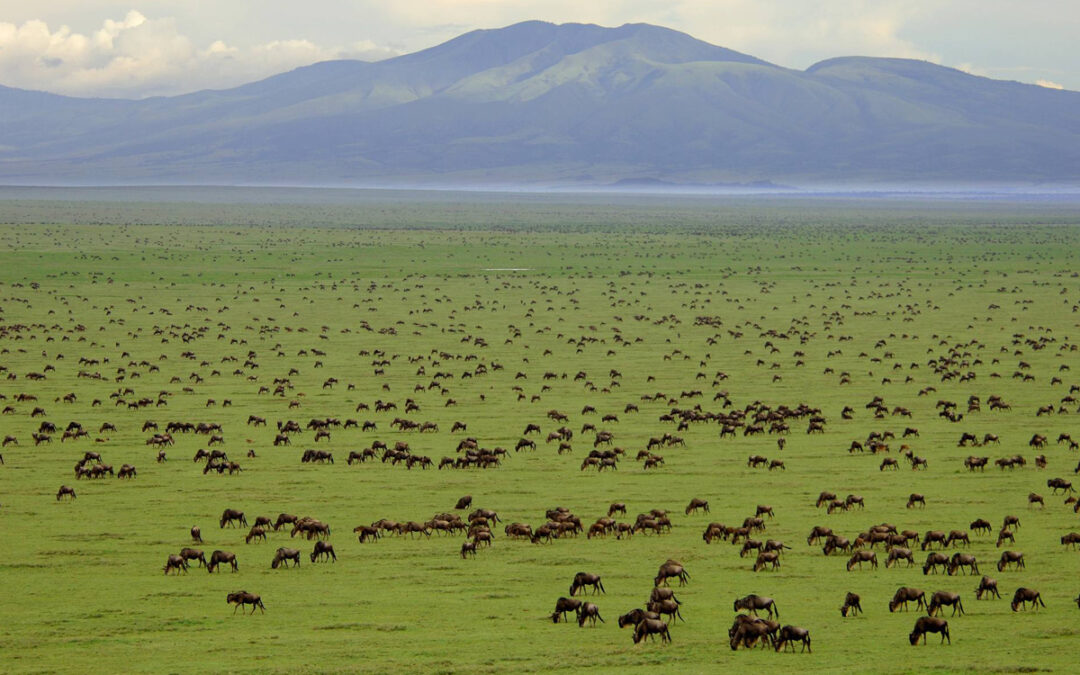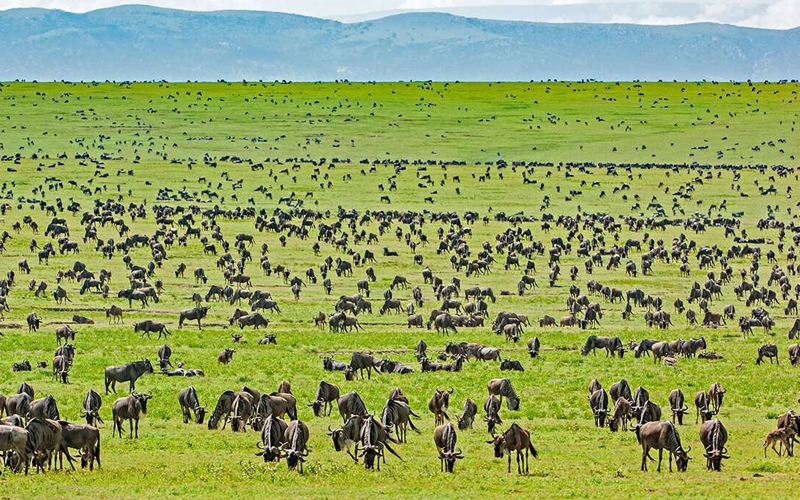Sustainable Tanzania Holidays 2025
Tanzania is known for its breathtaking landscapes, abundant wildlife, and pristine beaches. But in 2025, there’s a rising trend among travelers—sustainable tourism. With growing awareness of environmental conservation and the need to preserve Tanzania’s natural wonders, eco-friendly escapes have become the go-to choice for responsible adventurers. This article explores the best sustainable safari and beach holiday options Tanzania has to offer in 2025.
Why Choose an Eco-Friendly Holiday in Tanzania?
Tanzania is home to unique ecosystems, including the Serengeti, Ngorongoro Crater, and Zanzibar’s coral reefs. Eco-tourism ensures that these treasures are preserved for future generations. Choosing a sustainable holiday helps minimize your environmental impact, supports local communities, and promotes wildlife conservation.
Planning Your Sustainable Tanzania Adventure
1. Choose Eco-Certified Operators: Look for safari and tour companies that follow environmentally friendly practices. These include limiting off-road driving, reducing plastic use, and employing locals for community-based tourism initiatives.
2. Stay at Eco-Lodges: Tanzania boasts a range of eco-lodges that blend luxury with sustainability. These accommodations prioritize renewable energy, water conservation, and waste management.
3. Pack Responsibly: Travel light and bring reusable items like water bottles and eco-friendly toiletries. Avoid single-use plastics and support the leave-no-trace principle.
Top Sustainable Safari Destinations in Tanzania
1. Serengeti National Park: The Serengeti National Park is world-famous for its Great Migration. Opt for eco-conscious camps that operate on solar energy and have minimal environmental footprints. Many camps also support anti-poaching efforts and community education programs.
2. Ngorongoro Conservation Area: A UNESCO World Heritage Site, the Ngorongoro Crater combines wildlife viewing with Maasai cultural experiences. Sustainable lodges here work closely with local Maasai communities to preserve their way of life.
3. Tarangire National Park: Known for its iconic baobab trees and elephant herds, Tarangire National Park is a haven for eco-tourists. Several lodges here focus on water conservation and community upliftment.
4. Ruaha National Park: For an off-the-beaten-path experience, Ruaha offers unspoiled landscapes and fewer crowds. Eco-conscious operators provide intimate safaris while supporting conservation projects.
Eco-Friendly Beach Holidays in Tanzania
1. Zanzibar Archipelago: Zanzibar’s turquoise waters and white-sand beaches are a paradise for eco-travelers. Stay at eco-resorts that practice sustainable fishing, marine conservation, and waste reduction. Activities like snorkeling and diving often contribute to coral reef preservation projects.
2. Mafia Island: Mafia Island is a gem for marine life enthusiasts. As part of a marine park, the island offers eco-friendly lodges and activities like whale shark snorkeling and sustainable fishing tours.
3. Pemba Island: Known for its lush forests and untouched beaches, Pemba Island is a quieter alternative to Zanzibar. Eco-lodges here focus on renewable energy and preserving the island’s biodiversity.
Sustainable Activities to Enjoy
1. Wildlife Safaris: Choose operators that limit vehicle emissions and adhere to strict wildlife viewing guidelines. Walking safaris are a low-impact alternative.
2. Community Tours: Visit local villages to learn about Tanzanian culture while supporting community-based tourism initiatives. These tours often include traditional crafts, dance performances, and culinary experiences.
3. Marine Conservation Activities: Participate in coral reef restoration projects, beach cleanups, or educational programs on marine conservation.
What Makes Tanzania a Leader in Eco-Tourism?
1. Government Initiatives: Tanzania’s government has established policies to protect its natural resources, including expanding national park boundaries and promoting eco-tourism.
2. Community Involvement: Many eco-tourism projects directly involve local communities, providing them with sustainable livelihoods and reducing dependence on harmful practices like poaching.
3. Innovative Practices: From solar-powered lodges to plastic-free safari operations, Tanzania embraces innovation in sustainability.
Tips for a Green Travel Experience in Tanzania
- Support local businesses by purchasing handcrafted souvenirs.
- Respect wildlife by maintaining a safe distance and avoiding feeding animals.
- Use public transport or share safari vehicles to reduce carbon emissions.
Sustainable tourism in Tanzania is more than just a trend—it’s a commitment to preserving the country’s stunning landscapes and rich culture. By choosing eco-friendly safaris and beach holidays, you’ll not only enjoy an unforgettable adventure but also contribute to the conservation of Tanzania’s natural and cultural heritage.
FAQs
- What is the best time for an eco-friendly holiday in Tanzania?
The dry season, from June to October, is ideal for wildlife viewing and outdoor activities. - Are eco-lodges expensive in Tanzania?
While some eco-lodges are luxurious, many offer budget-friendly options without compromising on sustainability. - Can I combine a safari and a beach holiday in Tanzania?
Absolutely! Many tour operators offer packages that combine wildlife safaris with Zanzibar’s serene beaches. - Is Tanzania safe for eco-tourism?
Yes, Tanzania is considered a safe destination for tourists. Just ensure you travel with reputable operators. - How can I verify if a tour operator is eco-friendly?
Look for certifications from organizations like Travelife, Fair Trade Tourism, or EarthCheck, and read reviews from past travelers.




